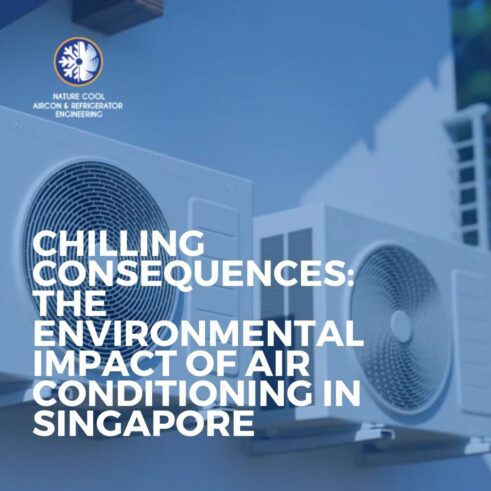
Chilling Consequences: The Environmental Impact of Air Conditioning in Singapore
The humid weather in Singapore can have several Environmentaleffects on air conditioning units:
Increased Workload:Air conditioning units have to work harder in humid environments to remove moisture from the air, which can increase their workload and potentially lead to more wear and tear on the unit over time.
Condensation: When warm, humid air comes into contact with a cool surface, such as an air conditioning unit’s evaporator coil, condensation can form. If the condensation is not properly drained away, it can cause water damage to the unit or surrounding areas.
Mold and Bacteria Growth:Humid environments can promote the growth of mold and bacteria, which can accumulate Environmental effects on air conditioningunits and impact indoor air quality.
Reduced efficiency: In very humid environments, air conditioning units may not be able to operate as efficiently as they would in drier conditions, leading to higher energy bills.
Conclusion:
To mitigate these effects, it’s important to properly maintain and service air conditioning units in humid environments. This can include regular cleaning and inspection, as well as ensuring that drainage systems are functioning properly to prevent condensation build-up.
It may also be helpful to use a dehumidifier in conjunction with the air conditioning unit to help remove excess moisture from the air. Follow by a call for action why should consumer choose Nature Cool.

